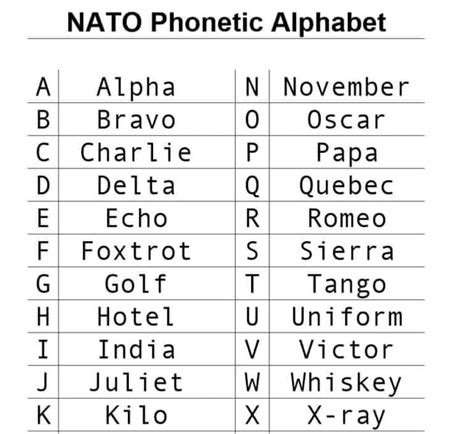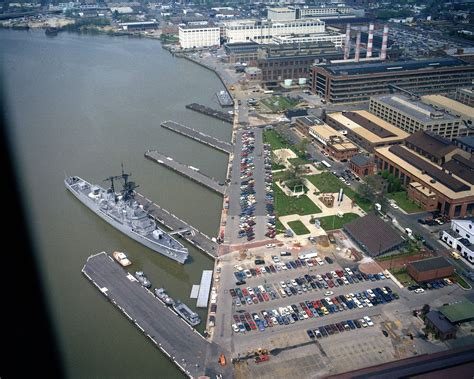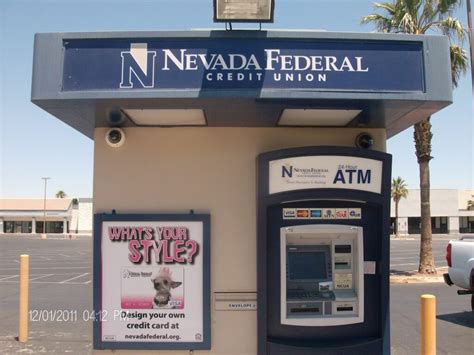P is for Papa in Military Alphabet

The military alphabet, also known as the NATO phonetic alphabet, is a standardized system used to clearly communicate letters and numbers over radio and phone communications, particularly in situations where standard letter pronunciation may be unclear. This alphabet is crucial for avoiding confusion between similar-sounding letters.
The military alphabet assigns a specific code word to each letter of the alphabet. Here’s a breakdown of the entire alphabet:
The Military Alphabet

- A - Alpha
- B - Bravo
- C - Charlie
- D - Delta
- E - Echo
- F - Foxtrot
- G - Golf
- H - Hotel
- I - India
- J - Juliet
- K - Kilo
- L - Lima
- M - Mike
- N - November
- O - Oscar
- P - Papa
- Q - Quebec
- R - Romeo
- S - Sierra
- T - Tango
- U - Uniform
- V - Victor
- W - Whiskey
- X - X-ray
- Y - Yankee
- Z - Zulu
📝 Note: The use of this phonetic alphabet is not limited to military communications. It is also widely used in aviation, maritime, and other professional environments where clear communication is critical.
This system ensures that messages are communicated accurately and efficiently, reducing the risk of errors due to misheard letters. For instance, the letters “B” and “P” can sound very similar when spoken, but “Bravo” and “Papa” are quite distinct, making them easily understandable in a communication.
In real-world scenarios, such as in emergency services or during international operations, the military alphabet is a valuable tool for maintaining clear and precise communication.
Real-World Applications of the Military Alphabet

The military alphabet is used in various fields, including:
- Aviation: Pilots use the phonetic alphabet to clearly communicate airport codes, flight numbers, and other critical information.
- Maritime: The International Maritime Organization (IMO) has adopted the phonetic alphabet for use in maritime communication.
- International Business: The military alphabet is used in international business to clearly communicate names, codes, and other important information.
- Emergency Services: Police, firefighters, and emergency medical services use the phonetic alphabet to clearly communicate information during emergency situations.
In conclusion, the military alphabet is a valuable tool for clear and precise communication, and its applications extend far beyond military use.



